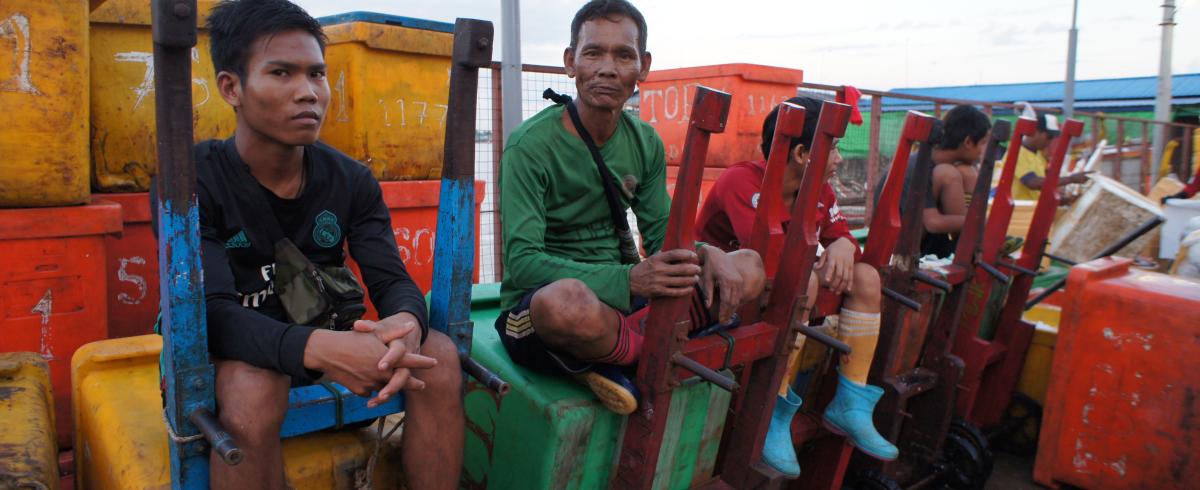Sector-wide Human Rights Impact Assessment (SWIA) in small-scale artisanal fishing communities in Barguna and Cox’s Bazar district of Bangladesh
This report presents the findings of a sector wide human rights impact assessment (SWIA)1 carried out in small-scale artisanal fishing communities in Barguna and Cox’s Bazar Districts in Bangladesh during 2019-2020.

